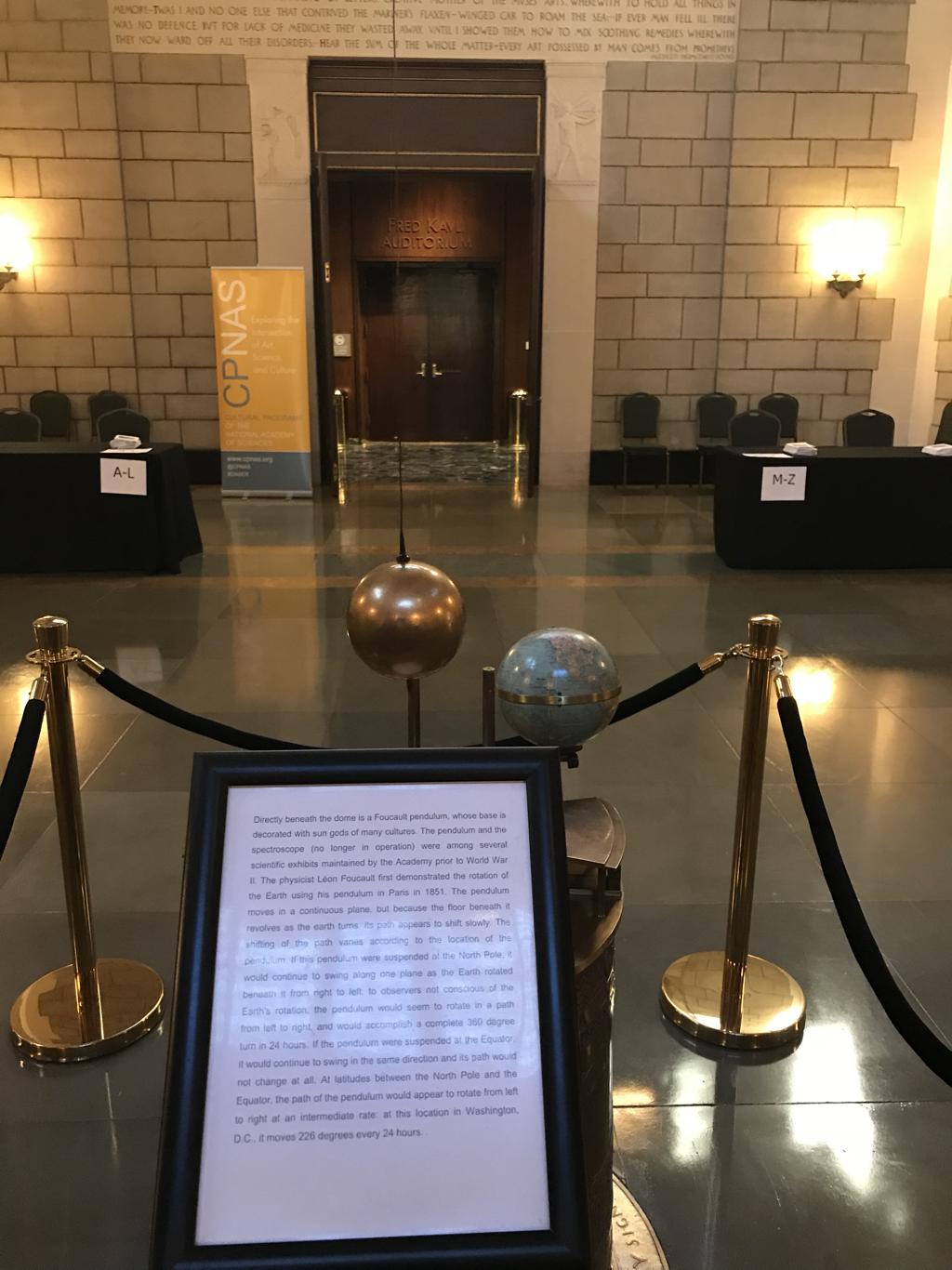|
While some federal agencies such as EPA and DOE are under increasing political scrutiny and pressure on their climate research and communication efforts, the National Academies of Sciences, Engineering, and Medicine as an independent entity is doubling down the effort to engage the public and decision makers on the scientific consensus of climate research. The Academies just launched a Climate Communications Initiative.
1 Comment
11/5/2017 0 Comments The U.S. Global Change Research Program released a new Climate Science Special Report The U.S. Global Change Research Program just released a Climate Science Special Report. In this report, the increasing trend of global annually averaged air temperature over the past century has been reiterated. Like IPCC's most recent assessment report, this report also uses "extremely likely" when attributing the warming trend since the mid 20th century to human activities, "especially emissions of greenhouse gases." The continually rising global temperatures have brought about a wide range of impacts such as sea level rise, glacier melting, ocean acidification, more frequent extreme weather events - wild fires, hurricanes, heavy rainfall, heat waves, etc.
This report also states that "over the next few decades (2021 -2050), annual average temperatures are expected to rise by about 2.5°F for the U.S., relative to the recent past (average from 1976-2015), under all plausible future climate scenarios." To many people, 2.5°F does not seem to be an impressive number to cause substantial concern. But if we put this number in the context of a normal distribution, we have every reason to worry a great deal about the future of the global climate and its implications for human civilization. As Joseph Romm explains in this Podcast episode, if we move the "bell curve" (normal distribution of temperatures) as a whole towards the upper end, as the current trend suggests, not only do we see the mean temperature rise but also witness the increasing frequency of high temperatures currently deemed to be abnormal. In other words, a new norm will need to be defined with more "extremes" becoming more frequent and normal. Thanks to a relatively steady climate, the humanity has managed to achieve a high level of civilization over the past 10000 years. Today, the need to feed an ever growing world population and the resulting intensifying industrialization are disrupting the global climate system on which our survivals are largely reliant upon. In the entire history of our existence, the human species has displayed magnificent adaptive capacity to the environment. But many would argue that there is a limitation to adaptation. It takes time for an individual, a community, or a society to learn and adopt appropriate measures to adapt to a new environment. When the extreme loses extremity by becoming the new "norm" every few years, one cannot help but wonder how fast we need to learn and make necessary changes to keep up with nature. We don't need to look far to find ample evidence in history that rapid climate change can bring an end to a sophisticated social and political system. A prime example would be the collapse of Roman Empire. When the climate changed abruptly, even the mighty Roman Empire could not evade the fate of collapse. |
|






 RSS Feed
RSS Feed